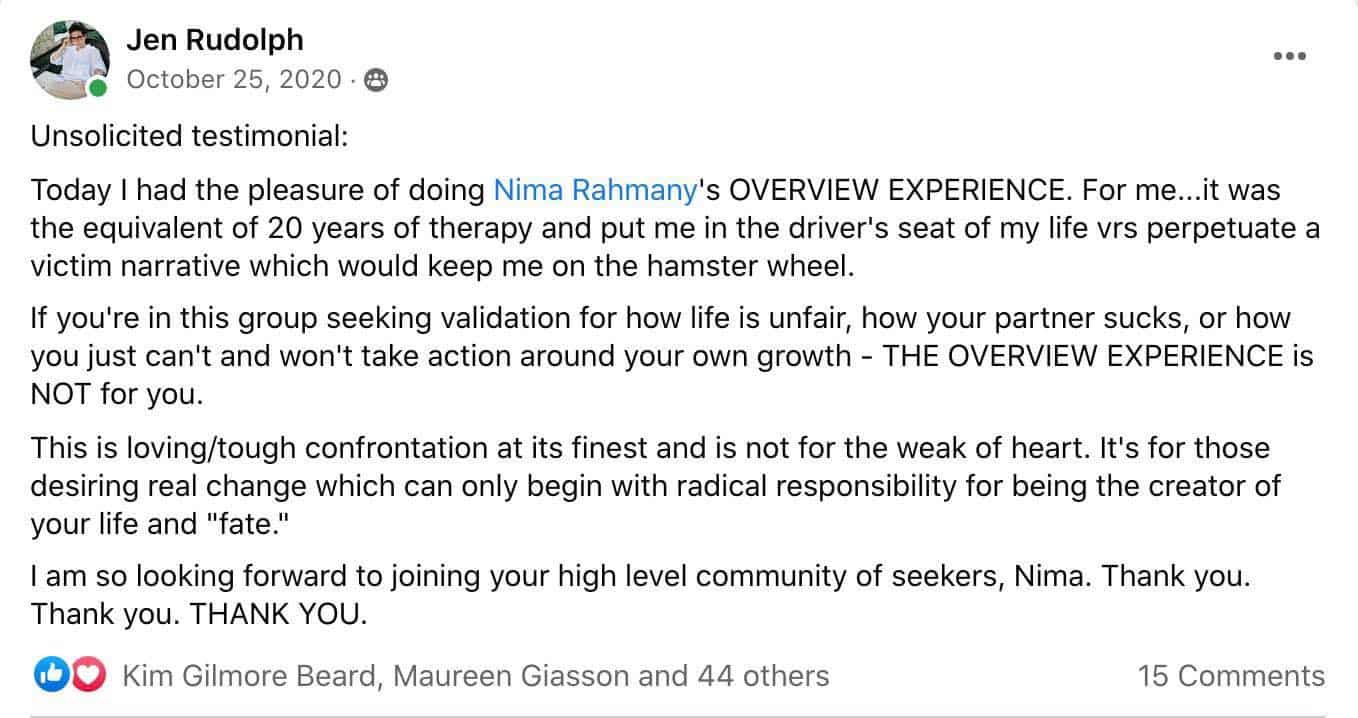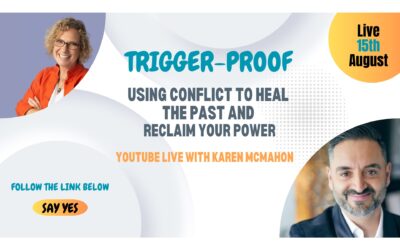We’ve had over 100,000 people do our attachment-style quiz
that helps you determine your attachment style.
Guess what the most common attachment style has been??
Nope, not “avoidant”.
Those who identify as “avoidant” will often “avoid" the discomfort
of looking inward and doing the quiz.
Not too many avoidants.
The answer is “anxious attached”— AKA “ambivalent”.
This is experienced as constantly worrying if your partner is wanting to leave you.
Second guessing yourself and reading into everything…
Expecting doomsday— where they are going to tell you they’re gone.
Deep down it’s felt like a PRIMAL PANIC.
And it all comes from unresolved trauma and an ability to self- regulate.
Not your fault.
It feels like:
“I’m unworthy of someone truly showing up for me”
is what’s buried underneath all the anxiety.
You see, deep down we all crave to be secure humans,
who are magnetic,
not having to chase love,
but open to receive it willingly and abundantly.
AND TO KNOW WE ARE WORTHY OF RECEIVING IT.
But if your experience in your relationship(s) has been the opposite,
just realize its not because you’re unworthy.
You simply haven’t learned how to BE the love you’ve been seeking.
You haven’t learned how to self-regulate when triggered into your abandonment wounds,
and meet your own needs when it matters most:
After deep attachment forms (after you bond with sex), and you experience a rupture.
From there, no matter how much success you have in your career,
after the attachment hooks are in,
all bets are off, and you’re now run by your conditioning.
Arguments feel like catastrophes that are the end of the world.
but it doesn’t have to be this way.
You CAN shift to a secure state,
by shifting how you REACT,
by shifting your relationship with conflict,
by shifting how your nervous system is able to SELF-REGULATE,
by shifting how you can process your triggers,
and lean into co-regulating with yourself.
The video link shows Miranda sharing her story with me
for 8 minutes— while I was on a walk in the neighborhood.
She shared exactly how it’s done and what happened to her when she did all that.
You likely have been looking for answers to this insecure style of relating.





